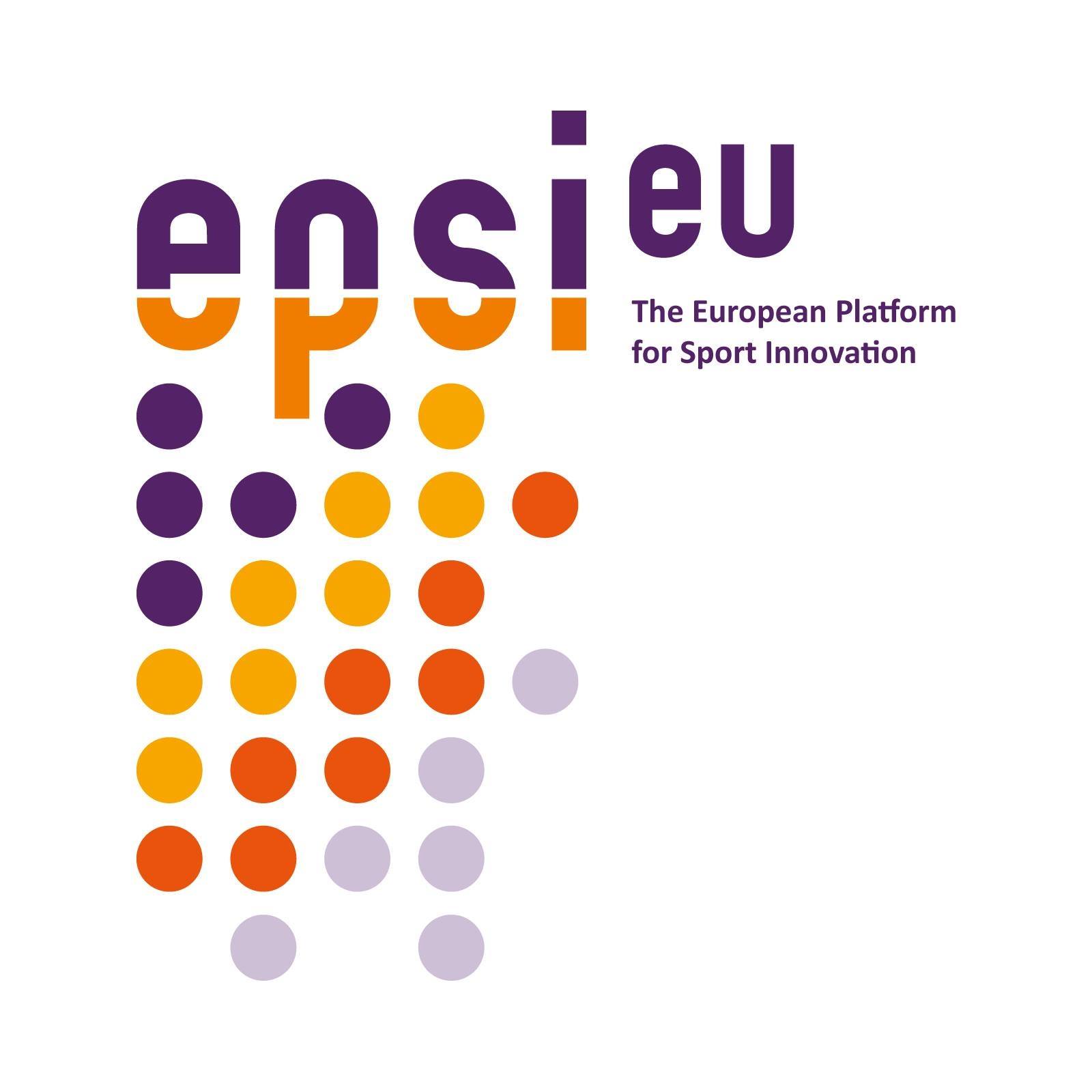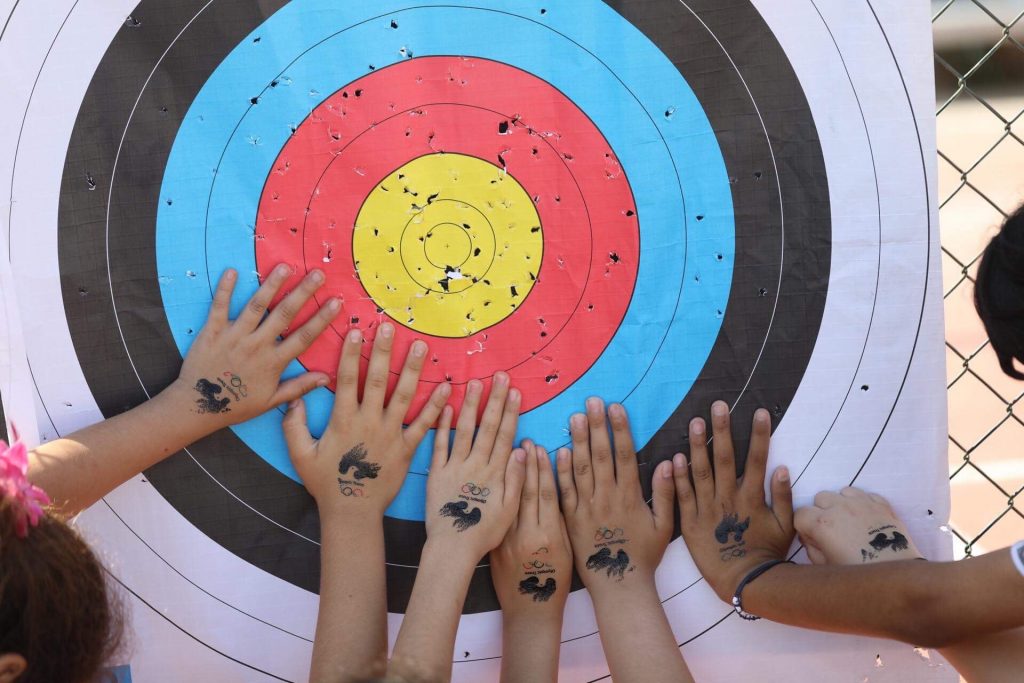EPSI has the pleasure to interview Christine Chachamidis from the International Olympic Truce Center, EPSI members who is very active in promoting the peaceful principles of the Olympic movement into concrete action.
Could you present your Organization? What are your excellences?
The International Olympic Truce Centre was established in July 2000 as a joint initiative of Greece and the International Olympic Committee, turning the commitment of the Olympic Movement to promote its peaceful principles into concrete action. The International Olympic Truce Centre’s mission is to promote the Olympic Ideals, to serve peace and friendship, and to cultivate international understanding. In particular, to uphold the observance of the Olympic Truce, calling for all hostilities to cease during the Olympic Games and beyond, and to mobilize the youth worldwide in the cause of Peace. During the first years, the International Olympic Truce Centre’s absolute priority was that the Truce is respected during all Olympic Games. Since 2010, the Centre’s activities have expanded into the field of education. Most of the emphasis is put in educating the youth with the use of the power of sport, so that the Olympic Ideals can take root and flourish. It is the use of sport as a tool to instill the Olympic Values that can help the young generation gradually build a Culture of Peace. The Centre has also developed «Hestia FC», the first football team in Greece for refugee women or women with less opportunities. Through this programme, sport is used as a tool for protection, empowerment, and social inclusion. Additionally, since 2019, the IOTC activities have expanded in the field of Erasmus+ Sport, Key Action 2, as well as Preparatory Action Projects, co-funded by the European Commission. The Centre’s wider and long-term objective is the creation and continuous promotion of the adoption of a Culture of Peace, which respects human rights.
Could you tell us one of your recent projects?
“Empowering Youth Volunteers through Sport in the Mediterranean Region” Project
EYVOL is a transnational and multi-sectoral cooperation initiative, co-funded by the European Union within the Erasmus+ Sport Programme, involving partners from the Olympic Movement, the United Nations, Academia and civil society, working together to develop and implement innovative educational methods to train youth volunteers on how to utilise sport to promote inter-cultural dialogue, peace and socio-economic development.
Focusing initially on the enlarged Mediterranean region, EYVOL project commits to promote increased civic participation of young people by developing the concept of sport volunteerism for social inclusion through the attractiveness of sport activities, addressing the following specific aims:
* Collect and disseminate at international level good practices on the use by youth and civil society sport organisations as a tool for social transformation with a focus on intercultural and inter-faith dialogue, equality, peace and conflict resolution.
* Promote sport volunteerism as a way to develop skills of youth also in view of future employment opportunities in the sport field, including but not limited to the organisation of major sporting events.
* Deliver training action plans on social development through sport especially for the target audiences of young sport volunteers, young leaders and civil society activists.
* Analyze existing regulatory frameworks and practical conditions, and deliver policy recommendations to promote sport volunteerism at the international, regional and national levels.
Some of the innovative aspects brought by the EYVOL project have been:
* EYVOL offers objective data and identifies good practices on the use of sport, especially within the Mediterranean region, by youth and civil society organisations as a tool for social transformation with a focus on intercultural and inter-faith dialogue, equality and peace, peace and conflict resolution.
* EYVOL applies new educational methods based on sport to train youth volunteers. The idea has been to provide young multipliers (youth leaders and civil society activists) and young people specialized in sport with concrete and action-oriented educational and training tools to be used in youth empowering and capacity building activities based on sport and for the training of young sport volunteers.
* The self-assessment skills webapp is an ITC tool that enables young people to identify social, civic and sport skill gaps to carry out a sport-based volunteering activity.
* EYVOL also encourages reflection, discussion and creativity to propose policy recommendations based on increasing sports volunteering practices to reduce risks of social exclusion.
EYVOL project reflects on how to use Sport as a hook to draw young people into social inclusion interventions but, at the same time, to increase their involvement in social inclusion volunteering activities. Under this background, EYVOL has contribute to boost social inclusion youth activities and tools that will be more effective than by acting only at national level.
What are your long-term plans or objectives, in particular with respect to your European outreach?
As a member of the Olympic Movement, the IOTC aims to promote the Olympic Ideals, to serve peace and friendship and to cultivate international understanding. This requires the awakening of consciences, the encouragement of leaders for action, the mobilization for the promotion of the Olympic Ideal and the education of young people according to the principles of Olympism. Its broader and long-term goal is to create and continuously promote a Culture of Peace, based on respect for human rights.
The mobilization of the new generation worldwide, in favour of Peace is a required precondition to the goal’s achievement. Since our goal is to inspire, empower and educate the young generations, regardless of their gender, ethnicity, nationality, socio-economic status or ability, IOTC activities have been expanded to the field of education, through educational and European programmes. Greater emphasis is placed upon educating and sensitizing the youth through sport’s powerful force, so that the Olympic Ideals can succeed in taking roots and flourishing. Sport, as a tool for strengthening respect for the Olympic Values, can contribute to the gradual building of a Culture of Peace by the new generation.
Our work is based on four fundamental pillars.
1. Communication
2. Dialogue and Discussion
3. Education
4. Promoting Olympic Truce
Each of these pillars reflects a different strategy and focusses on different actions and initiatives, which, in the long run, contribute to the achievement of the ultimate goal. Following the spirit of Olympism, these four pillars welcome the participation of all people of the world.
To achieve our goal, we can further expand our network by reaching out to:
- Institutions of the Olympic Family
- International and National Organizations
- NGOs
- Private Initiatives and Institutions
- Sport entities (federations, associations, clubs, academies etc)
- Educational institutions (Universities, schools)
- Governmental institutions
Why have you joined EPSI?
- Expand our network through EPSI Platform
- Engage in more EU co-funded projects or other interesting activities
- Exchange best practices & Promote our work among other organisations/institutions based in the EU
- Lobbying & Fundraising, Advocacy

